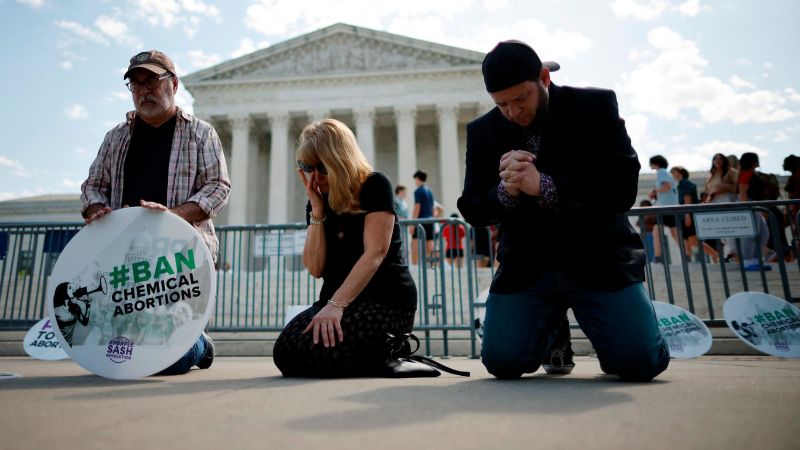The Supreme Court said Wednesday it will consider whether to restrict access to a widely used abortion drug — even in states where the procedure is still allowed.
The case concerns the drug mifepristone that — when coupled with another drug — is one of the most common abortion methods in the United States.
The decision means the conservative-leaning court will again wade into the abortion debate after overturning Roe v. Wade last year, altering the landscape of abortion rights nationwide and triggering more than half the states to outlaw or severely restrict the procedure.



The appeals in the two major abortion cases Griswold v. Connecticut and Roe v. Wade were thought by some to have been taken up prematurely. There were a number of cases that came before those that were honing in on the issue from a gender discrimination standpoint. RBG is one who thought the cases were premature. For example, she had successfully argued that a disability benefit law granting survivorship benefits only to widows was illegally discriminatory against men. She had planned to do the same thing in a challenge to an abortion statute, and thought the Court would strike it down on grounds that it forced only women to carry a child to term after which only the woman had a legal duty to raise and care for the child. Before the Court could consider the argument, abortion statutes were struck down on based on penumbral reasoning, privacy grounds.